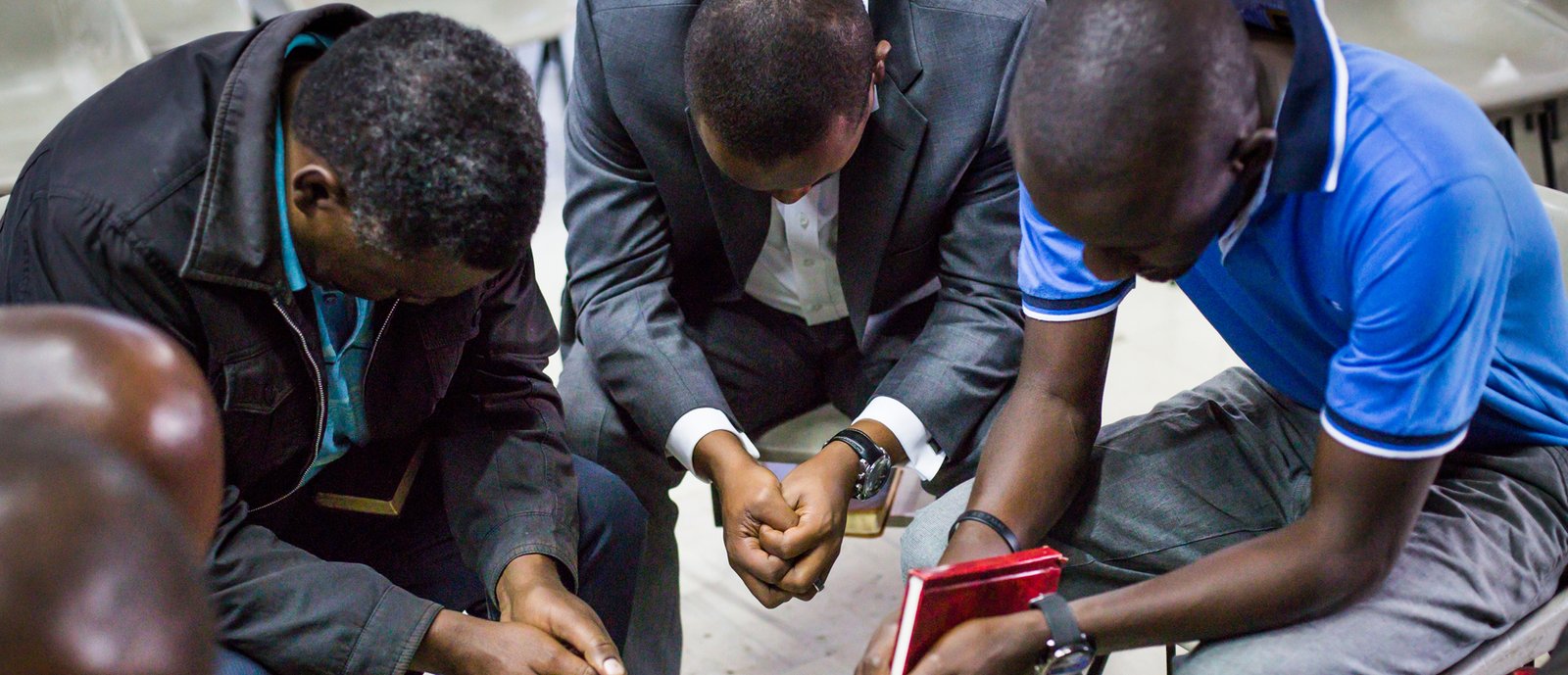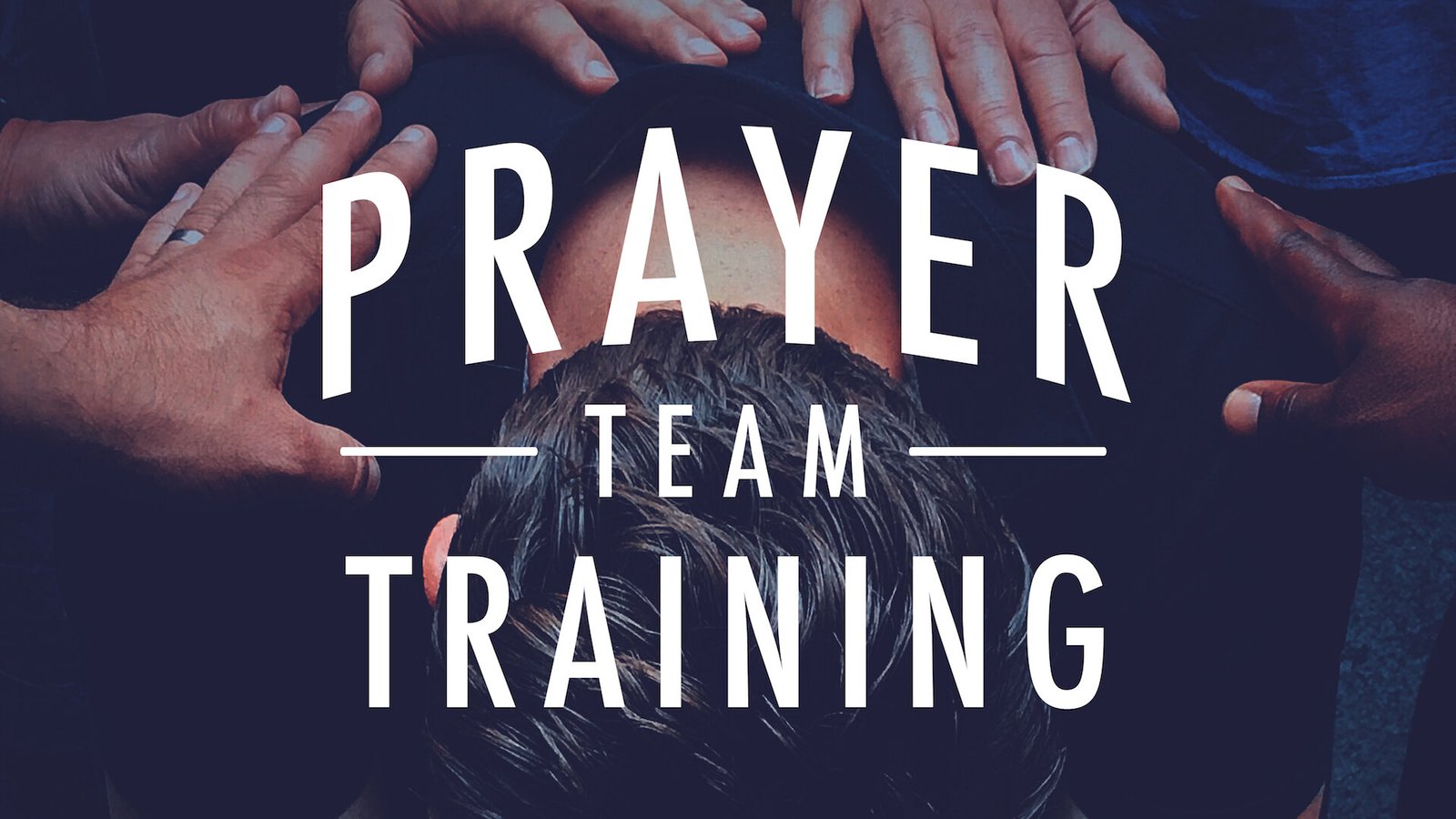Prayer ministry is a powerful aspect of any church or community, and training volunteers to lead or support this vital ministry is crucial. Volunteers play a key role in creating an atmosphere where people can encounter God, find healing, and experience transformation. Training them well ensures they can handle prayer requests, offer support, and pray with faith and understanding. If you’re looking to build a strong, effective prayer ministry, here’s a step-by-step guide on training volunteers for prayer ministry.
1. Define the Purpose and Vision of the Prayer Ministry
Before training your volunteers, it’s essential to clearly define the purpose and vision of the prayer ministry. Volunteers need to understand the heart behind the ministry and the impact they can have on people’s spiritual lives. Explain that the goal of prayer ministry is to bring people closer to God, provide comfort, and help others experience God’s power through prayer.
Discuss the specific roles your volunteers will play, whether it’s praying for individuals during services, handling prayer requests, or providing prayer support during special events. When the volunteers understand the “why” behind the ministry, they will feel more committed and motivated to serve.

2. Select Volunteers with a Heart for Prayer
Choosing the right volunteers is key to building a strong prayer ministry team. Volunteers should have a heart for prayer, spiritual maturity, and a willingness to grow in their prayer life. While you don’t need to select people who are already prayer experts, it’s important that volunteers are committed to deepening their relationship with God.
Look for individuals who demonstrate humility, compassion, and a desire to serve others. These qualities will help them connect with those they are praying for and respond with sensitivity. Invite those who regularly participate in prayer activities or have shown interest in joining the prayer ministry.
3. Provide Prayer Ministry Training Sessions
Once you’ve selected your prayer volunteers, it’s time to begin formal training. Training sessions should cover a variety of topics, ensuring that volunteers feel equipped and confident in their roles. Some areas to cover in your training include:
- The importance of prayer: Teach the foundation of prayer and the role it plays in ministry and spiritual growth. Emphasize the power of prayer to heal, strengthen, and change lives.
- Effective prayer techniques: Provide guidance on how to pray effectively, such as praying with authority, praying the Scriptures, and listening to the Holy Spirit. Encourage volunteers to pray in faith and with compassion.
- Handling sensitive situations: Equip volunteers to handle prayer requests with care and sensitivity, especially in challenging or emotional situations. Teach them how to maintain confidentiality and offer prayer with love and understanding.
- Praying for healing and deliverance: Train volunteers on how to pray for physical, emotional, and spiritual healing, recognizing that God has the power to heal in all areas of life.
- Interceding for others: Help volunteers understand the power of intercessory prayer and the importance of standing in the gap for others, whether praying for individuals or the church as a whole.
Include role-playing scenarios in the training to allow volunteers to practice praying with others in different situations. This will give them hands-on experience and build confidence in their abilities.
4. Teach Active Listening and Sensitivity
In prayer ministry, listening is just as important as praying. Volunteers should be trained to actively listen to the needs of those seeking prayer. They need to create a safe space for people to express their concerns, fears, and requests. Encourage volunteers to listen attentively and without judgment, understanding that prayer ministry is about offering emotional and spiritual support, not just “fixing” problems.
Teach volunteers how to ask open-ended questions, like “What would you like us to pray for?” and “How can we support you in prayer?” These questions give people space to share their hearts and help volunteers know how best to pray.
It’s also essential that volunteers be sensitive to the leading of the Holy Spirit. Teach them to rely on God’s guidance during prayer, especially when praying for healing or deliverance. God may prompt them to pray specific words or Scriptures, or lead them to focus on certain areas.
5. Train Volunteers to Respect Boundaries and Confidentiality
Prayer ministry often involves intimate and personal topics, so it’s critical that volunteers understand the importance of maintaining confidentiality and respecting the boundaries of those they are praying for. Teach them to:
- Keep all prayer requests confidential unless otherwise directed by the individual.
- Avoid giving advice or offering personal opinions unless they feel led to do so under the guidance of the Holy Spirit.
- Respect physical and emotional boundaries, especially in sensitive situations.
Volunteers must be aware of when to refer someone to a pastor, counselor, or other professional if the situation requires more than prayer. Training volunteers on these boundaries will ensure a safe, respectful environment for everyone.
6. Provide Ongoing Support and Mentorship
Prayer ministry isn’t something volunteers can learn in one training session—it’s an ongoing process. Provide regular follow-up sessions, mentoring, and opportunities for volunteers to ask questions and share their experiences. Consider pairing new volunteers with more experienced prayer ministers for support and guidance.
Host regular prayer team meetings where volunteers can share testimonies, receive encouragement, and pray together. This fosters a sense of community and allows them to grow in unity. As volunteers continue to pray together, they will build stronger bonds and become more effective in ministry.
7. Encourage Personal Spiritual Growth
The foundation of a successful prayer ministry is the personal prayer life of each volunteer. Encourage volunteers to prioritize their own spiritual growth and time with God. This will not only deepen their faith but also make them more effective in ministering to others.
Provide resources like prayer books, devotionals, and Scripture guides to help volunteers grow in their personal prayer lives. Offer opportunities for them to participate in prayer retreats or spiritual workshops where they can be refreshed and encouraged.
8. Equip Volunteers with Prayer Ministry Resources
To help volunteers in their roles, provide them with resources that will aid their prayer ministry. This may include:
- Prayer request forms: A simple, organized way for people to submit prayer requests before or during an event.
- Prayer guides: Scriptures or specific prayers related to healing, deliverance, or specific life situations.
- Confidentiality guidelines: Clear instructions on how to handle sensitive information and maintain privacy.
These resources will help volunteers feel prepared and confident as they pray for others.
9. Celebrate and Acknowledge Volunteer Contributions
Finally, make sure to celebrate and acknowledge the hard work of your prayer ministry volunteers. Publicly thank them during church services or gatherings and share testimonies of how their prayers have impacted others. Recognizing their dedication encourages volunteers to continue serving with passion and love.
Conclusion
Training volunteers for prayer ministry requires a combination of practical training, spiritual guidance, and ongoing support. By equipping volunteers with the right knowledge, skills, and heart for prayer, you create a team that can powerfully serve the church and community. Focus on building a strong foundation of prayer, respect, and spiritual maturity, and your prayer ministry will have a lasting impact on those who need it most.











